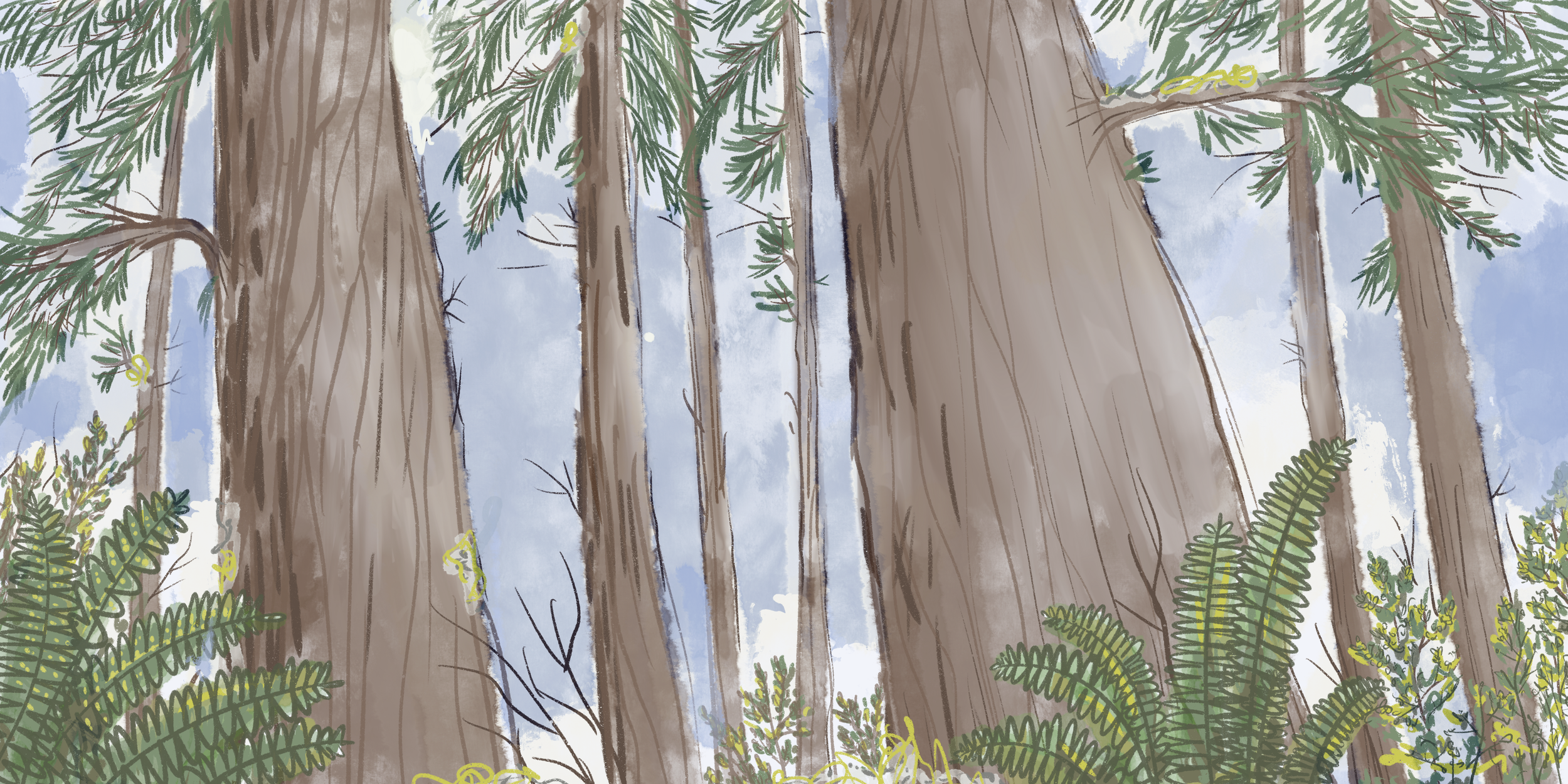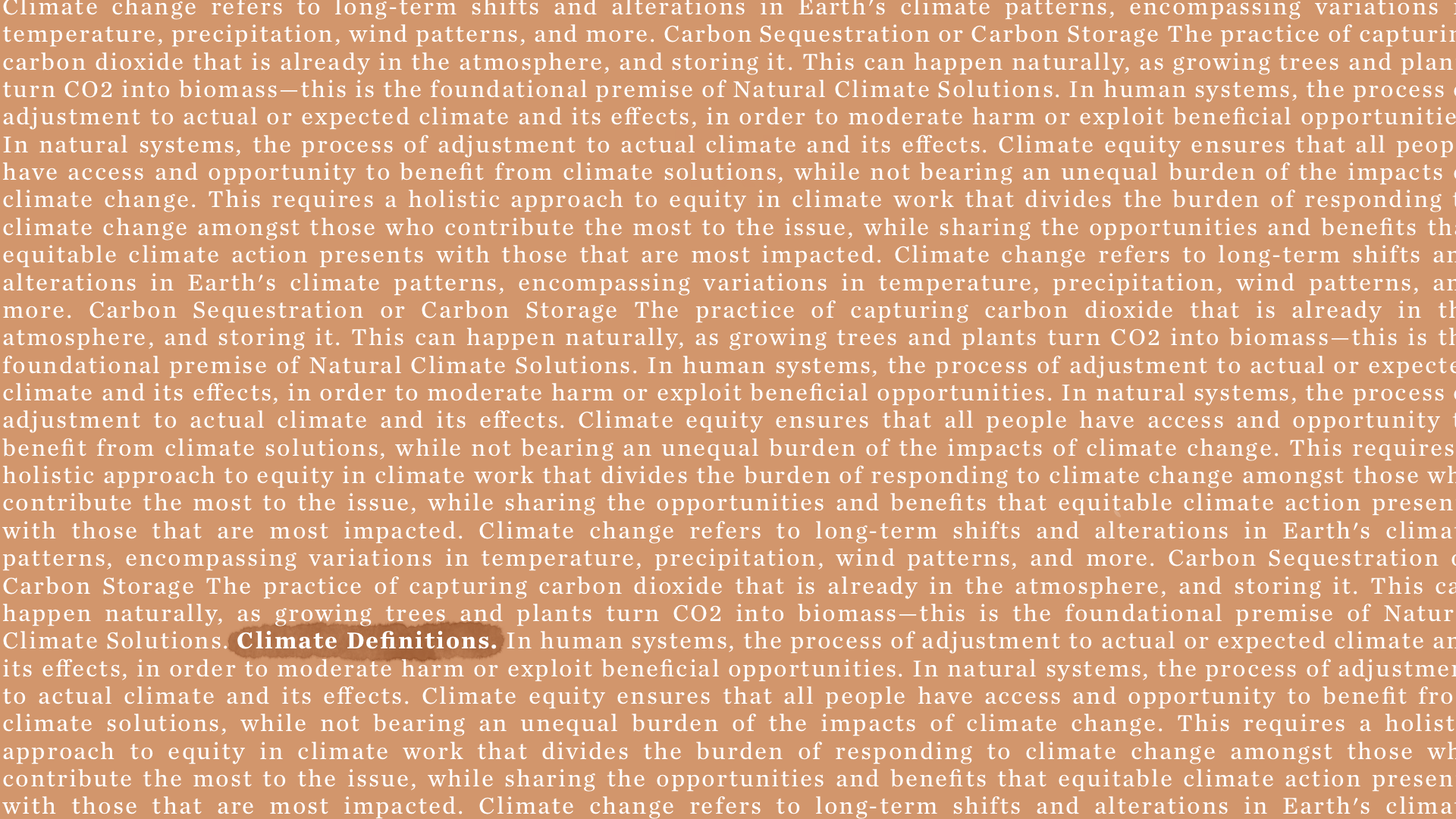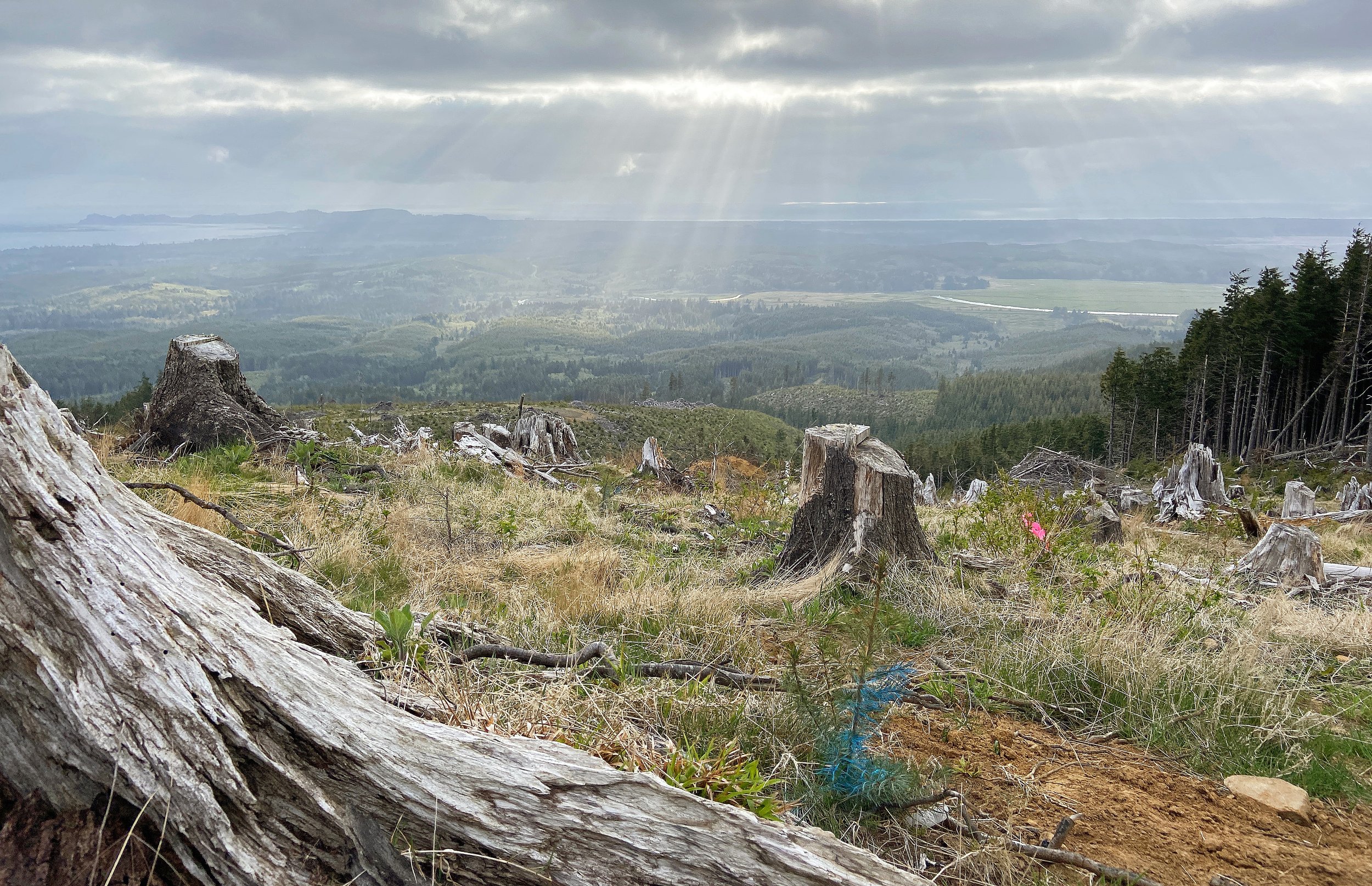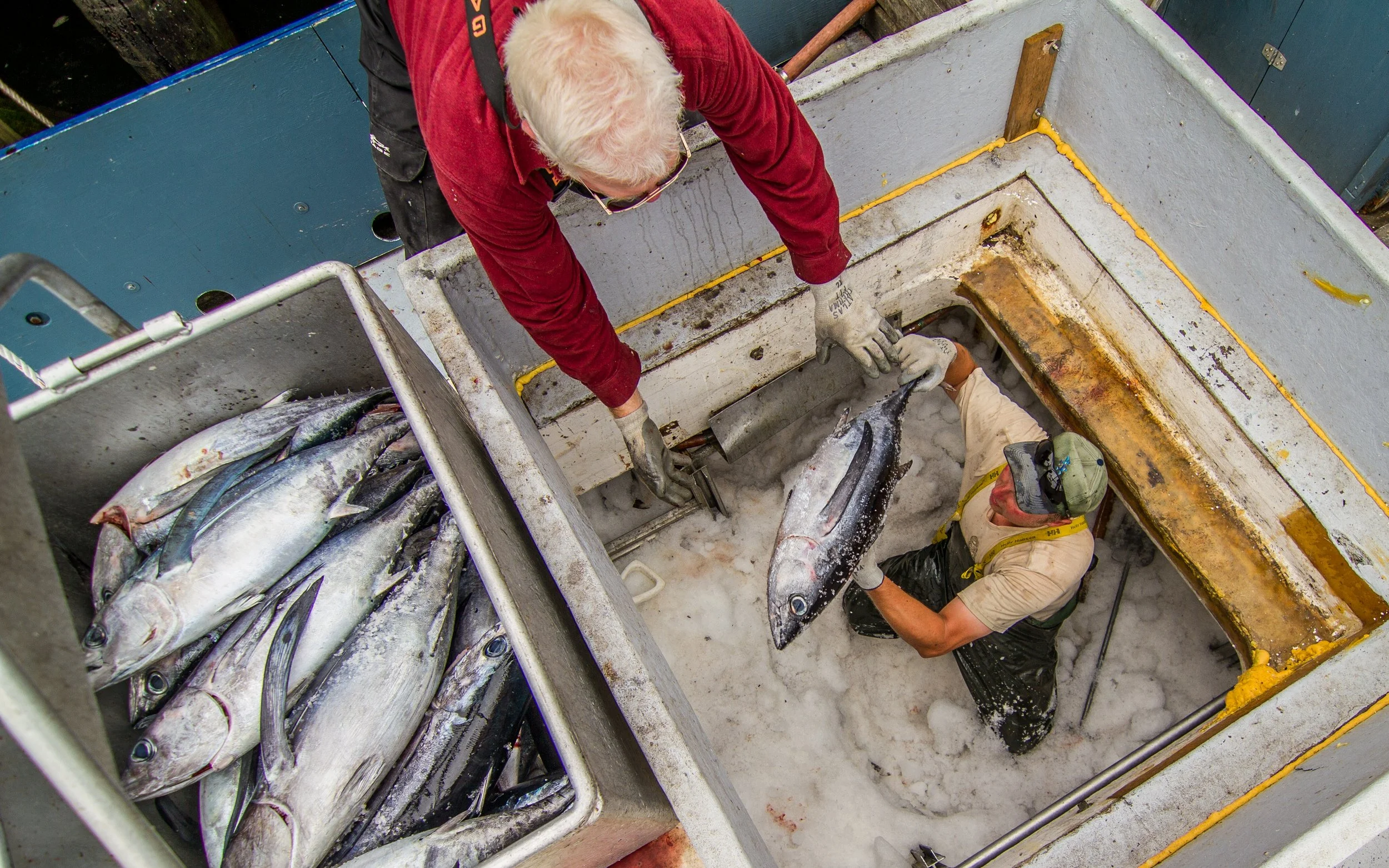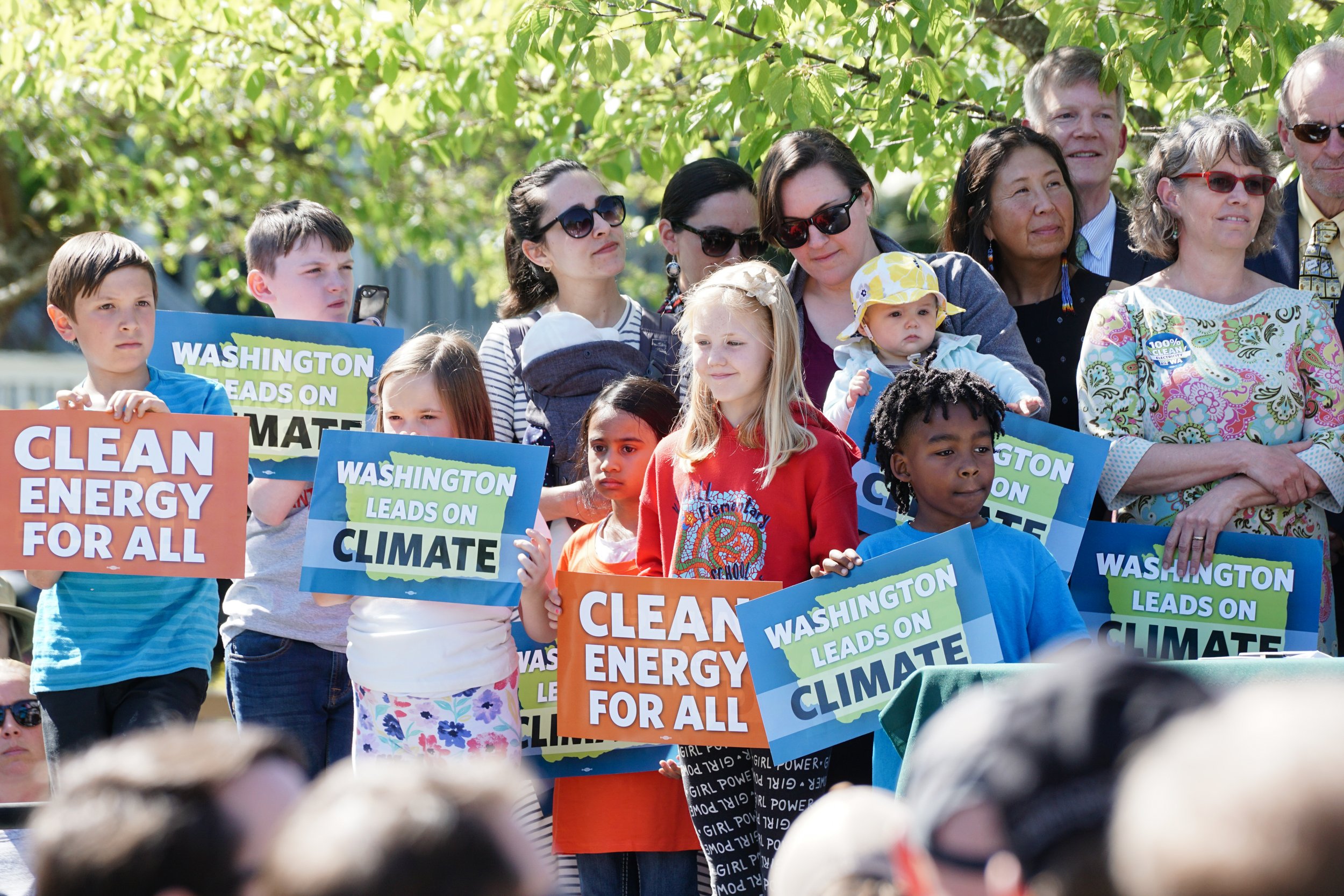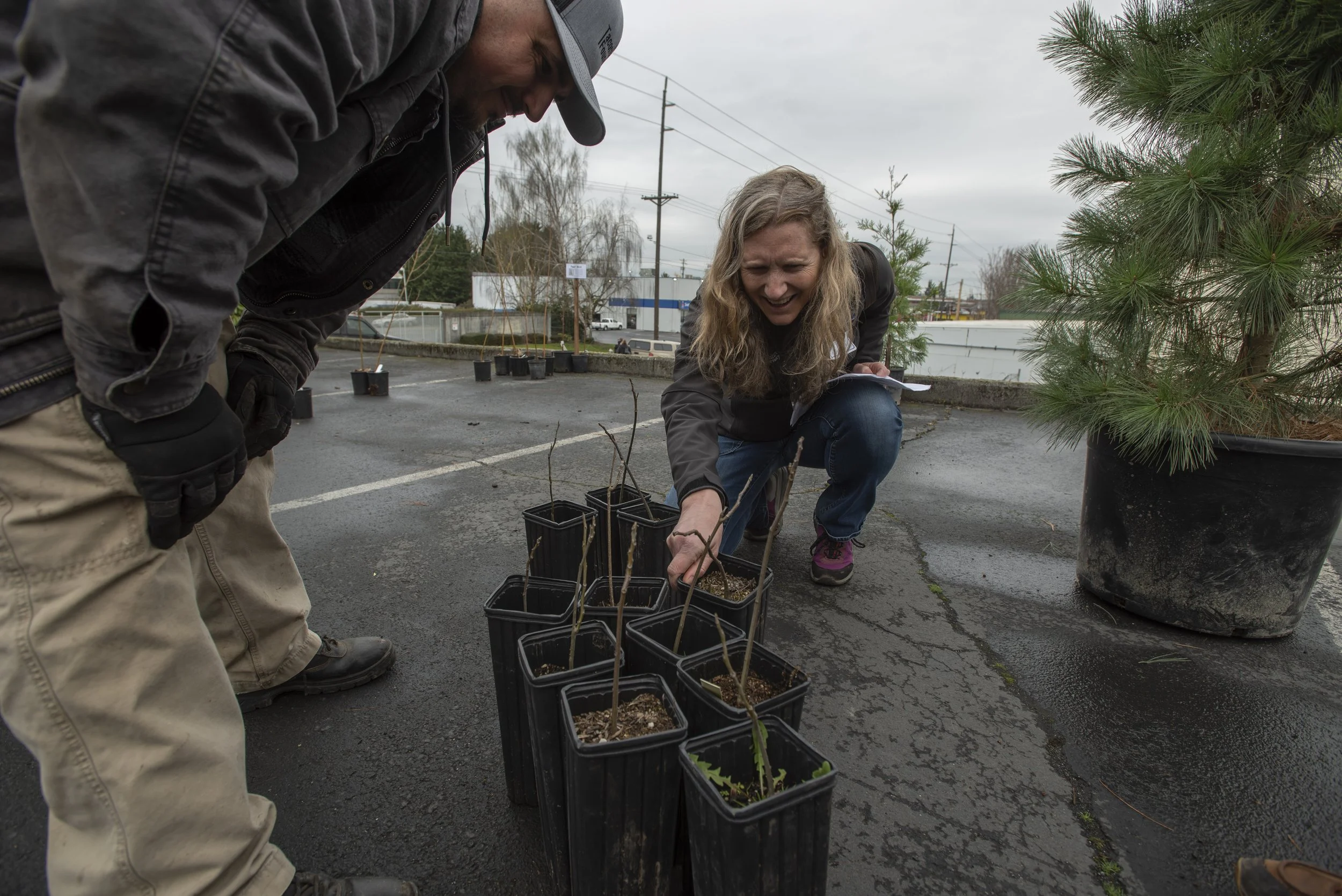A cluster of tents punctuates the vast whiteness of Antarctica, where scientists drill thousands of feet into ancient snow layers. Tiny gas bubbles in the ice reveal climate conditions going back hundreds of thousands of years. Meanwhile, on the summit of Hawaii’s Mauna Loa, others measure levels of carbon dioxide (CO2) high in our atmosphere.
From mountain peaks to our planet’s poles, scientists around the world are exploring how and why our climate is changing. We hear a lot these days about carbon and climate change, and we are even starting to see its real-life consequences.
The time has come for everyone to take responsibility. But what is the evidence to inform our action? How has science confirmed that dramatic climate change is real, caused by humans and already here?
Humanity Heats the Greenhouse
Starting around the Industrial Revolution, CO2 in the atmosphere began to increase sharply, outpacing levels from the previous 800,000 years. Today, CO2 has reached record levels and continues to rise.
With the rise in CO2 also comes a rise in global temperatures. CO2 is one of several greenhouse gases, so-called because they trap heat in our atmosphere and keep Earth warm and livable. But for about the last century, the concentration of greenhouse gases, especially CO2, has risen dramatically, from a steady average of 275 parts per million (PPM) to more than 400 ppm and counting. As a result, Earth is now about 1.5 degrees Fahrenheit warmer than a century ago, and continues to warm fast.
The effects of this global warming are clear, and include:
- Melting glaciers.
- A sea level rise of 6.7 inches (and accelerating).
- Sixteen of the 17 hottest years on record since 2000.
- 2016 was the hottest year on record.
Natural fluctuation alone cannot account for these changes. By releasing CO2 from fossil fuel emissions and other human impacts like deforestation, we have disrupted Earth’s natural heat balance. We have changed our planet’s climate.
Beyond the Thermometer
Because Earth’s climate system is enormously complex, higher temperatures mean much more than mild winters and sunny summers. For example, a hotter climate means warmer oceans, and temperature differences within the oceans drive currents. Ocean currents, in turn, powerfully influence our weather.
Since the 1970s, we’ve experienced more frequent extreme weather events, including more powerful hurricanes. We can also anticipate winter flooding as seasonal precipitation falls more often as rain instead of snow, causing flooding during already wet seasons, while limiting water supply during the dry months.
What About Washington state?
In the Pacific Northwest — where we depend on mountain snowpack to provide a steady source of summer water — over the past several decades, we have recorded the nation’s most dramatic decreases in snowfall. More evidence of climate change here at home: Washington’s glaciers are shrinking fast, a change that threatens wildlife habitats, water security and the hydroelectric power that supplies 25 percent of Seattle’s electricity.
Early runoff, hotter temperatures and dryer summers are also increasing wildfire risk in Central and Eastern Washington — from an average of six fires per year in the 1970s to an average of 21 per year so far this century. 2015 was a particularly bad year, with the state scorched by a record number of wildfires.
What Can We Do?
The data are stark, consistent and solid — and not a little scary. This rapid rate of climate change is unprecedented throughout recorded history, and impacts have already reached many Washington communities.
But together we can turn climate-change threats into opportunities — to adapt, work together and foster a clean, green future. We can make changes at work and at home, teach our children to respect and protect natural resources and always continue to learn more. We must advocate for local policy to reduce carbon pollution, advancing Washington’s innovative leadership in climate-change action. Together, it is our collective responsibility to stay aware and engaged — with action that is backed by irrefutable evidence.
Additional links:
University of Washington Climate Impacts Group
Adapting to Change: Climate Impacts and Innovation in Puget Sound (The Nature Conservancy in Washington)
Climate Central (An independent organization of leading scientists and journalists)
Intergovernmental Panel on Climate Change: The Scientific Basis



